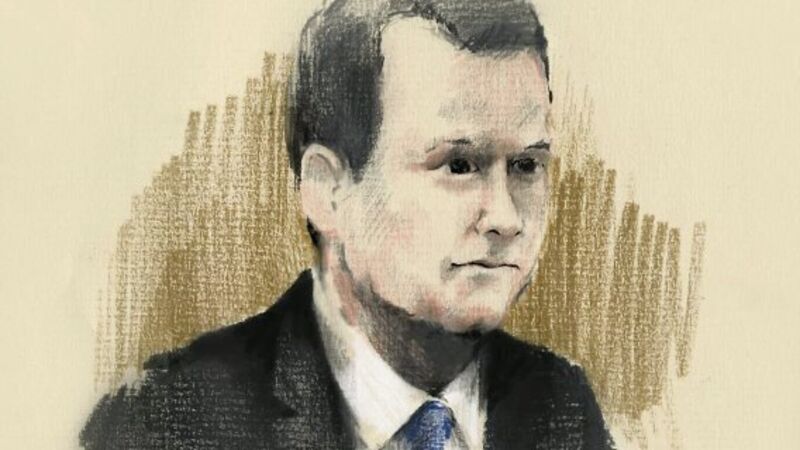Judge tells Dwyer case jury: Proof of unusual fantasies do not constitute a crime

The judge is giving his final directions to the jury in the Graham Dwyer murder trial.
Mr Justice Tony Hunt has instructed the seven men and five women to set aside their feelings and reach a verdict on the evidence alone.













